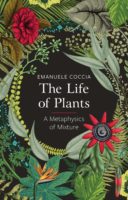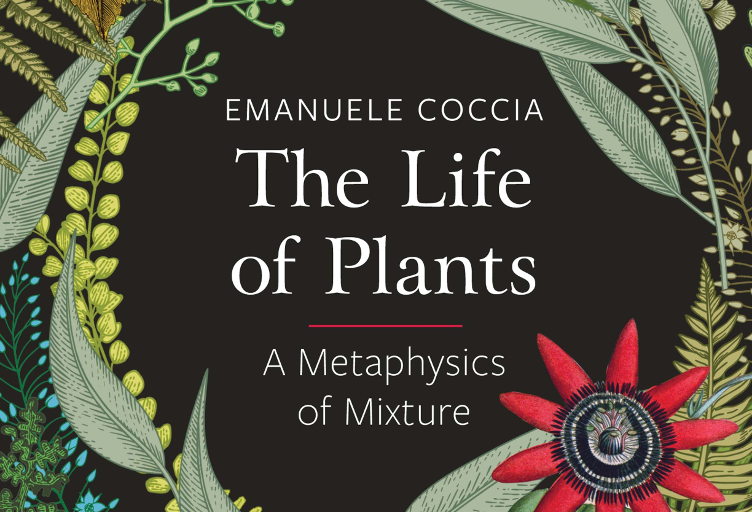 We barely talk about them and seldom know their names. Philosophy has always overlooked them; even biology considers them as mere decoration on the tree of life. And yet plants give life to the Earth: they produce the atmosphere that surrounds us and they are the origin of the oxygen that animates us. Plants embody the most direct, elementary connection that life can establish with the world.
We barely talk about them and seldom know their names. Philosophy has always overlooked them; even biology considers them as mere decoration on the tree of life. And yet plants give life to the Earth: they produce the atmosphere that surrounds us and they are the origin of the oxygen that animates us. Plants embody the most direct, elementary connection that life can establish with the world.
In this book, philosopher Emanuele Coccia argues that, as the very creator of atmosphere, plants occupy the fundamental position from which we should analyze all elements of life. From this standpoint, we can no longer perceive the world as a simple collection of objects or a universal space containing all things, but as the site of a veritable metaphysical mixture. One implication of Coccia’s claim is that since the atmosphere of life is rendered possible through plants alone, life only perpetuates itself through the very circle of consumption undertaken by plants. In other words, life exists only insofar as it consumes other life, removing any moral or ethical considerations from the equation. In contrast to trends of thought which discuss nature and the cosmos in general terms, Coccia’s account brings the infinitely small together with the infinitely big, offering a radical redefinition of the place of humanity within the realm of life.
Faced as we are with ever more complex and urgent ecological questions, this path-breaking account of the life of plants will appeal not only to students and scholars of philosophy but to a wide range of readers interested in our relation to the natural world.


